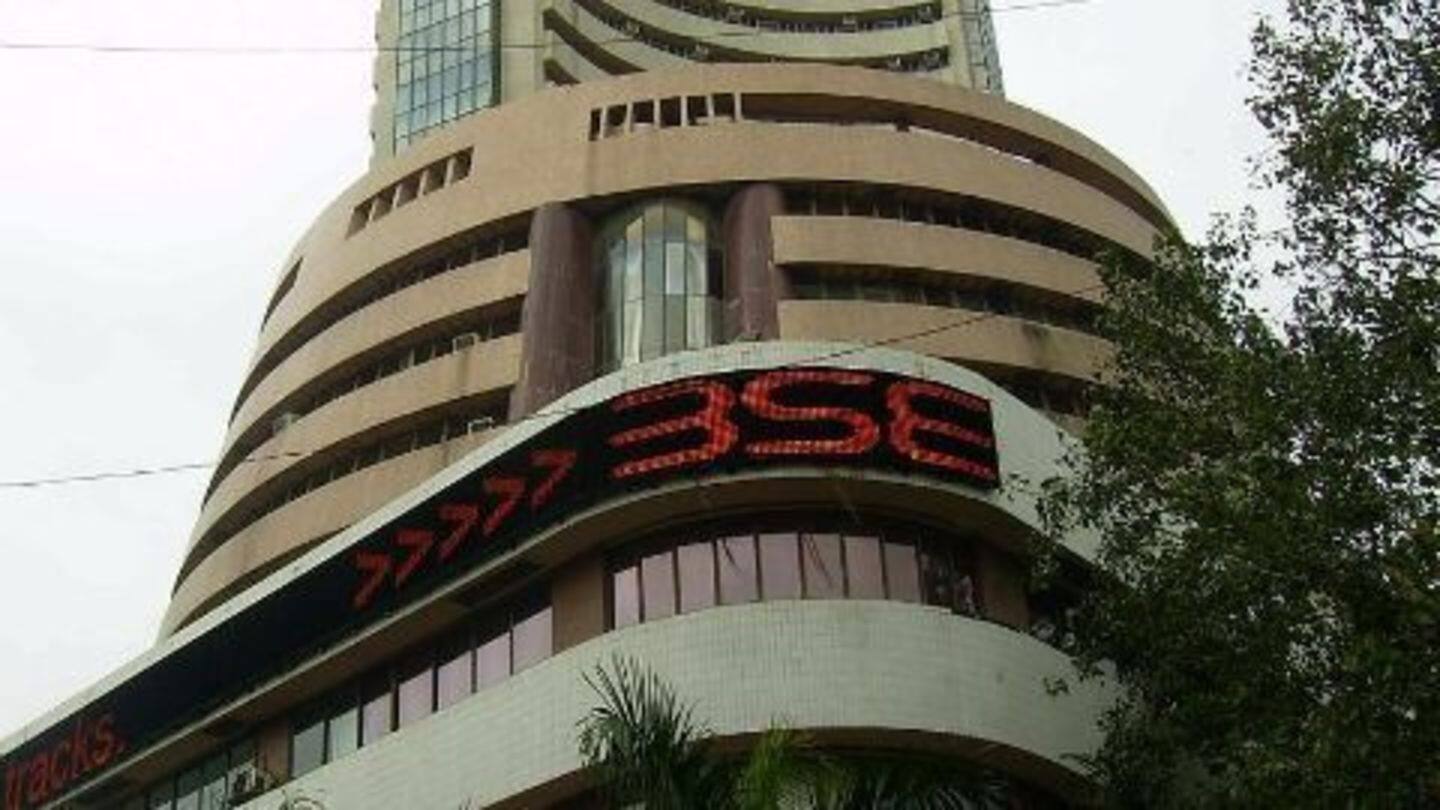
Sensex plunges over 1500 points
What's the story
In what is seen as a biggest intra-day crash so far in 2015, Sensex dropped over 1500 points while Nifty fell below the 7900 mark.
The plunge followed the dip in global markets which includes the recent Wall Street crash .
Asian markets too were seen trading under pressure with China's Shanghai Composite, Japan's Nikkei and Hong Kong's Hang Seng slipping between 2-8%.
Aug 2015
'China-made' trading troubles
The slump in markets all over the world can be attributed to the 'global sell-off' as worries about China's economy deepened.
Official figures show the Chinese economy was growing at 7% in the second quarter, which is slow by Chinese standards.
Also the devaluation of its currency would be seen as a distress signal from Beijing, alarming potential investors from making investments in China.
Information
What is devaluation?
Devaluation means lowering the value of a currency against the goods, services and similar monetary units to which the currency can be exchanged. Only the monetary authority of a nation can devalue a currency.
11 Aug 2014
Why did China devalue its currency?
The slowdown of Chinese economy meant reduced exports in the country whose growth model is investment-and-exports-driven.
A low industrial production, investment and retail sales data in the month of July pushed China to address the issue of slowdown.
This propelled the 'devaluation' of Yuan by China's Central Bank by nearly 2% against the US dollar for the second time in two days.
Do you know?
What’s in a name?
Chinese currency is called Yuan-Renminbi and both the names are valid. "Renminbi" means "the people's currency". "Yuan" is the unit of "Renminbi". This is similar to the Pound-Sterling currency of Britain.
12 Aug 2015
What does the Yuan devaluation mean for India?
Assocham said Yuan's devaluation could lead to a full-fledged "currency war".
Devaluation could affect India in three ways. First, it affects the volatility of rupee inducing a fall in its value, making imports costlier.
The fact that China and India compete for several export items will go against domestic exporters.
Finally, there is also a fear of dumping of Chinese goods in Indian market.
24 Aug 2014
Raghuram Rajan reassures markets
RBI Governor Raghuram Rajan allayed the fears over falling rupee and stock market at the national banking summit today in Mumbai.
He said, "I wish to reassure the markets that our macro-economic factors are under control as the economy is in a much better position relative many other economies."
Rajan also said that India has $380 billion in forex reserves to use whenever needed.